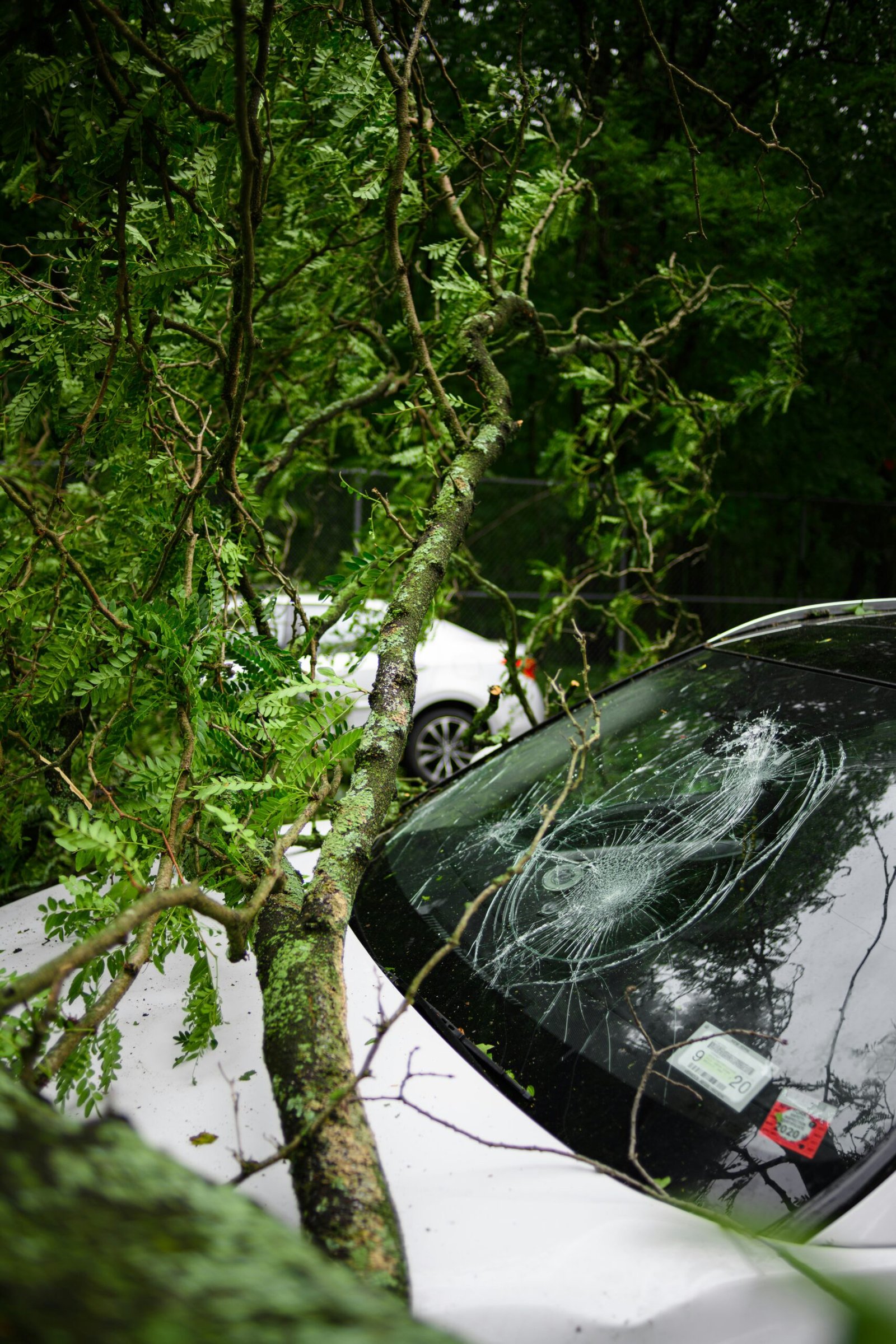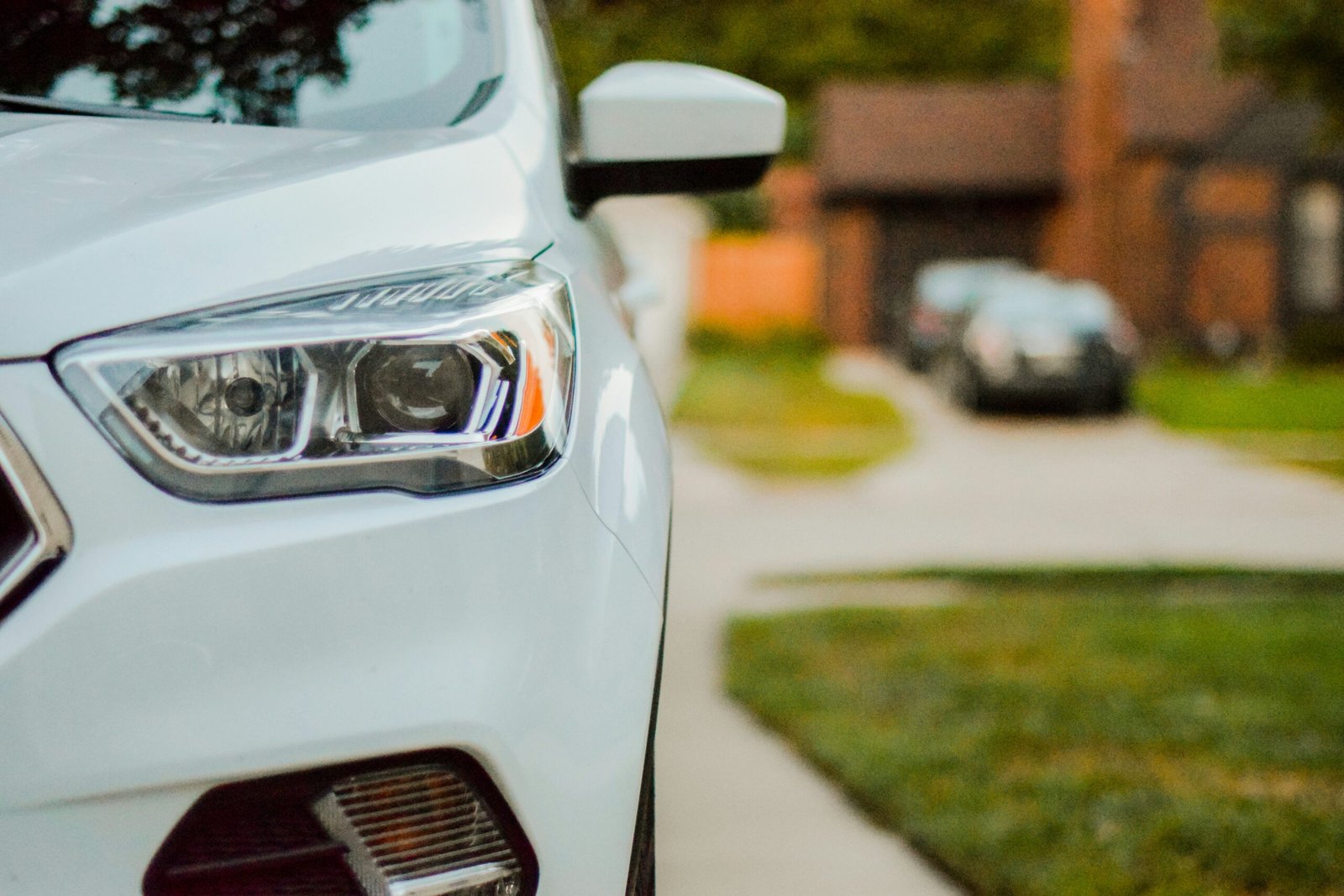Immediate Steps to Take After a Car Accident
Experiencing a motor accident can be a daunting event, but knowing the immediate steps to take can significantly aid in managing the situation effectively and ensuring your motor insurance claims process goes smoothly. Firstly, ensure the safety of all parties involved. Check for injuries and, if necessary, call emergency services immediately. Even if injuries appear minor, it’s prudent to seek medical attention as some conditions may not be immediately apparent.
Staying calm is crucial. Avoid admitting fault or making any statements that could be interpreted as an admission of liability. Instead, focus on the facts and cooperate with law enforcement, providing them with accurate information. If the accident occurs in a high-traffic area, and it is safe to do so, move the vehicles to the side of the road to prevent further incidents. Use hazard lights and set up warning triangles to alert other drivers of the accident scene.
Gathering comprehensive information is essential for your motor insurance claim. Exchange contact details with the other driver(s), including their name, address, phone number, and insurance information. If there are witnesses, obtain their contact details as well. Document the scene by taking photos of the vehicles involved, any visible damages, and the overall context of the accident. These photos can be invaluable when filing your insurance claim, providing clear evidence of the incident.
Remember to note down vital details such as the time and date of the accident, weather conditions, and any other relevant factors. This information can help in constructing an accurate account of the event when dealing with insurance companies. Keeping calm, ensuring safety, and meticulously documenting the scene can make a substantial difference in the outcome of your motor insurance claims, facilitating a smoother resolution process.
Documenting the Accident
Documenting a motor accident comprehensively is crucial for ensuring the smooth processing of motor insurance claims. At the scene, it is essential to collect detailed information about the other vehicle involved. This includes noting the make, model, and license plate number. Additionally, obtaining the insurance details of the other driver, such as the insurer’s name and policy number, is imperative.
Creating a written account of the incident is another vital step. This account should include the exact time and location of the accident. Noting weather conditions and any other relevant factors such as road conditions or visibility issues can be helpful. This written account serves as a factual basis for your insurance claims, and can be referred to if discrepancies arise later.
Furthermore, securing a copy of the police report is indispensable. When law enforcement arrives at the scene, they will document the accident and provide an official report. This report is a critical piece of evidence in any motor claims process. If there are any injuries, obtaining medical reports is equally important. These documents substantiate any claims related to bodily harm and provide a clear record of the injuries sustained.
In summary, meticulous documentation of a motor accident can significantly affect the outcome of your insurance claims. By collecting comprehensive information, creating a detailed written account, and securing official reports, you ensure that your claim is supported by solid evidence. This not only facilitates smoother processing but also enhances the credibility of your claims, potentially leading to a more favorable resolution.
Notifying Your Insurance Company
One of the critical steps following a motor accident is promptly notifying your insurance company. Regardless of the perceived severity of the damages, immediate notification is essential. This early communication can significantly impact the efficiency and outcome of your motor insurance claim. Delaying this step might lead to complications, such as delayed processing or even denial of the claim.
To begin the claims process, you should contact your insurance provider as soon as possible. Most companies offer 24/7 claim reporting services via phone or online platforms. Be prepared to provide your policy number, details about the accident, and any immediate concerns regarding vehicle damage or injuries. Providing accurate information is crucial to avoid any discrepancies that may affect your motor claims.
Essential documentation plays a vital role in substantiating your insurance claim. Ensure you gather and submit the following items:
- Photos: Capture clear images of the accident scene, vehicle damages, and any visible injuries.
- Police Reports: Obtain a copy of the official police report, as it provides an objective account of the incident.
- Witness Statements: Collect contact information and statements from anyone who witnessed the accident.
Once your claim is filed, the insurance company will assign an adjuster to evaluate the damages and determine the appropriate compensation. It’s common to have questions about the timeline for processing your claim. Generally, the timeline can vary based on the complexity of the accident and the responsiveness in providing required documentation. However, staying in regular contact with the insurance company can help expedite the process.
Follow up with your insurance company periodically to check on the status of your claim. This ongoing communication ensures that your claim remains active and helps address any additional information or clarification the insurance company may need. Understanding these steps and actively participating in the claims process can help secure a favorable resolution following a motor accident.
How a Car Accident Affects Your Motor Insurance
Experiencing a motor accident can significantly impact your motor insurance in several ways. When it comes to at-fault accidents, your insurance premiums are likely to increase. Insurers view drivers involved in such incidents as higher risk, leading to adjustments in your rates. Conversely, not-at-fault accidents may have a lesser effect on your premiums, but this can vary depending on your insurance provider and policy terms.
Insurance companies assess several factors when recalculating rates post-accident. These factors include the severity of the accident, the cost of the insurance claims made, and your overall driving history. For instance, a minor fender-bender may result in a smaller premium increase compared to a major collision. Additionally, if you have a history of multiple claims, you may see a more significant hike in your rates.
The concept of a ‘no-claim bonus’ (NCB) is also crucial in understanding how accidents affect your motor insurance. An NCB rewards policyholders with discounted premiums for each year they do not make a claim. However, if you file a claim after an accident, you may lose this bonus, leading to higher premiums. Some insurers offer a protective NCB, which allows you to retain your bonus even after a claim, but this often comes at an additional cost.
There are strategies to potentially mitigate premium increases after an accident. Taking a defensive driving course can demonstrate to insurers that you are committed to safe driving, which may help in reducing your rates. Maintaining a clean driving record post-accident is also crucial. Additionally, shopping around and comparing quotes from different insurance providers can help you find the best rates available in the market.
Understanding your policy’s terms and conditions regarding accident coverage is essential. Familiarize yourself with what your policy covers, exclusions, and any additional features like accident forgiveness. This knowledge can help you make informed decisions and better manage your motor insurance after an accident.










